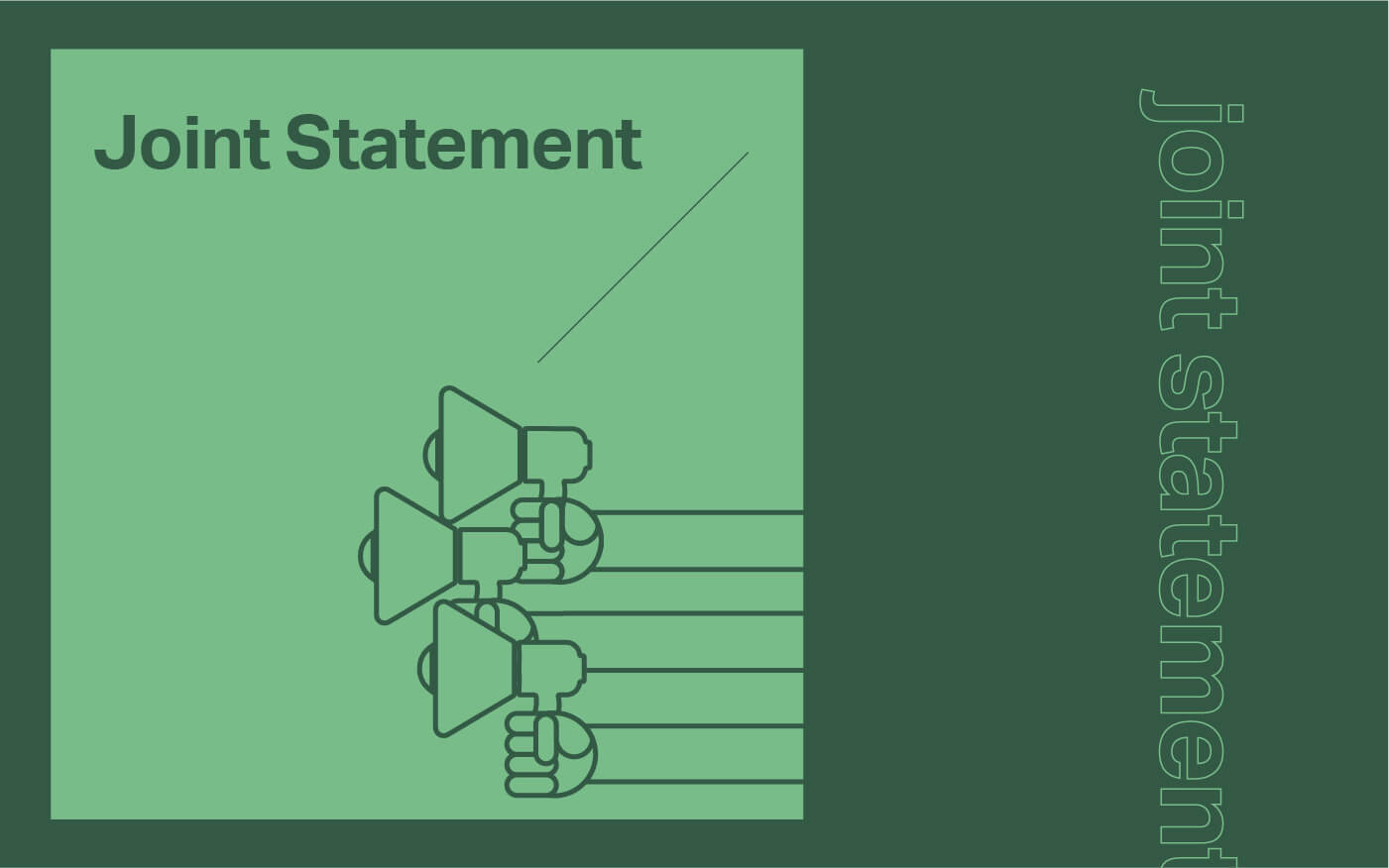(Dili, August 8, 2016)–More than two dozen individuals and civil society organizations (CSO) called on the governments of the Association of Southeast Asian Nations (ASEAN) to uphold the rights and protections of Rohingya.
The government of Myanmar continues to deny citizenship to more than 1 million Rohingya and confines more than 120,000 Muslims—mostly Rohingya—to more than 40 internment camps. Rohingya in Myanmar are subject to restrictions on movement, marriage, childbirth, health, and privacy. Since 2012, more than 170,000 mostly Rohingya have fled Myanmar and the border areas of Bangladesh by sea to escape ongoing abuses. Many Rohingya have fallen captive to human traffickers.
Rohingya in ASEAN lack access to legal status and basic protections. Without access to legal status, Rohingya are at risk of arrest, exploitation, human trafficking, and other abuses. Thousands of Rohingya throughout the region are currently detained in poorly-equipped detention facilities. The protracted confinement of Rohingya to immigration detention facilities, government-run shelters, and camps has resulted in physical and mental health concerns, a prolonged separation of families, and a heightened risk of human trafficking. Some ASEAN countries have refused to allow the disembarkation of passengers arriving by boats and have towed boats out to sea, greatly endangering the lives of those on board. Rohingya have limited access to education and livelihood opportunities.
With these concerns in mind, civil society members from ASEAN countries gathered at a public workshop entitled, “Regional Cooperation to Ensure Protection of Rohingya,” at the ASEAN Civil Society Conference/ASEAN People’s Forum (ACSC/APF) in Dili, Timor-Leste on August 4 to discuss potential solutions to ensure rights and protections for Rohingya in ASEAN.
During the workshop, participants representing individuals and civil society organizations throughout ASEAN issued the following recommendations to ASEAN member states:
- Work with the Myanmar authorities to address the root causes of the Rohingya exodus from Myanmar and cooperate to ensure protections for Rohingya.
- Grant protective status to Rohingya throughout ASEAN member states.
- Respect the principle of non-refoulement and allow migrants arriving by boat to disembark.
- Immediately end the detention of Rohingya in immgration dentention centers, government-run shelters, and camps.
- Facilitate the reunification of Rohingya families separated within the region.
- Ensure Rohingya have access to the right to work, freedom of movement, and right to healthcare and education.
